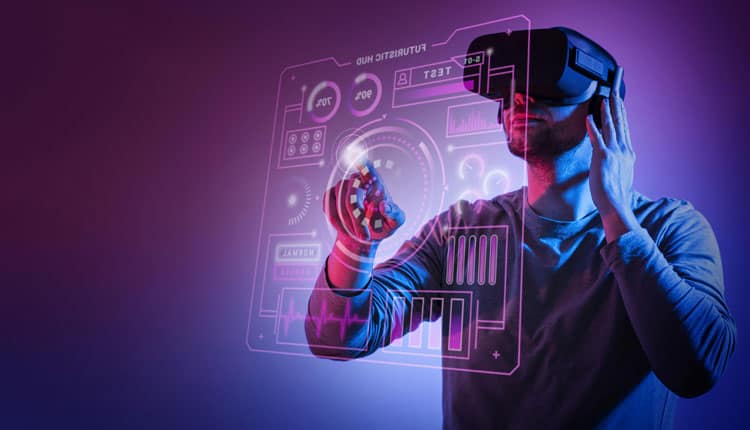By Atharva Puranik, Co-founder, Padhle EdTech
In the dynamic world of modern education, Education Technology (Edtech) plays an important role in actively shaping the learning experience. It aims to transform teaching methods and improve student performance through the systematic application of technological processes and resources. In recent years, integrating technologies like Virtual Reality (VR) and Artificial Intelligence (AI) has helped students have a more personalized and engaging learning experience. Additionally, it has also empowered educators with innovative tools to enhance the effectiveness of their teaching methods. Industry experts believe that AI-enabled learning began in 2023 and created the way for the year 2024. This year is expected to be the golden era for collective upskilling that enables educators to efficiently take advantage of the full potential of AI.
Revolutionising education with personalised, immersive learning experiences
Virtual Reality and Artificial Intelligence bring about a multitude of benefits that revolutionize the education system. VR involves students in interactive, three-dimensional settings that transcend traditional boundaries and adapt to various learning methods. Additionally, AI uses algorithms to evaluate large databases, enabling the personalization of educational content based on individual learning patterns and preferences. They work together to produce a synergy where AI boosts VR experiences through real-time feedback, adaptive learning routes, and personalized interventions. This combination transforms the educational landscape by providing engaging, adaptable, and globally connected learning opportunities that go beyond the limitations of traditional teaching methods.
Unlocking the future of education
In addition to improving learning and student engagement, this integration provides a variety of advantages. Personalised learning experiences respond to individual needs, resulting in a more effective and efficient educational journey. Adaptive assessment that is guided by AI algorithms provides an accurate representation of each student’s development by creating a supportive and personalized learning path. Administrative automation strengthens the educational ecosystem by automating everyday tasks allowing educators to devote more time to effective instruction. VR in education makes learning more engaging and adaptable by allowing students to learn from anywhere in the world.
Challenges
Recognising the benefits of incorporating VR and AI into education, it is also necessary to address the challenges and concerns associated with this. Affordability appears as a significant barrier that requires careful financial planning to make these technologies available to a larger audience. To ensure inclusivity, the digital divide must be addressed especially in communities with limited access to technology. Ethical considerations, such as data privacy and algorithmic bias require strong frameworks that guide ethical development. Overcoming these obstacles requires collaborative efforts to build a balanced approach that considers cost-effectiveness, accessibility, and ethical implications by ensuring a more equitable and responsible integration of VR and AI technology in education.
Future trends
The future of EdTech is marked by dynamic growth with projections from Markets and Markets forecasting a substantial value of USD 125.3 billion by 2027, reflecting a noteworthy CAGR of approximately 13.4 percent. This projection signifies the increasing influence of technology in shaping the educational landscape. EdTech is anticipated to include the widespread adoption of Artificial Intelligence for personalized learning experiences, while the incorporation of Virtual Reality is to enhance experiential educational content and the continuous evolution of smart classrooms. The growing trend toward online and remote learning driven by technological improvements is set to revolutionize education making it more adaptable, accessible, and responsive to the diverse needs of learners.
AI and VR technology has the power to change the educational world. Artificial intelligence and its adaptive learning algorithms provide tailored educational journeys that optimize the learning process for individual needs. Whereas Virtual Reality engages students in interactive, three-dimensional environments by allowing them to learn via experience and breaking down old barriers. The combination of AI and VR has the power to make education more interesting, accessible, and personalized to the various needs of learners by bringing in a new era of innovation and effectiveness in teaching and learning.



